- UEC announces 1,025 MPs elected in 2025 general elections
- Junta tightens travel restrictions on Arakanese people in mainland Myanmar
- Regime steps up offensive toward Arakan State via Ayeyarwady coastal route
- Elderly IDP killed, two others injured in junta airstrike on Kyaukphyu village
- AAPP urges urgent international action as junta crimes against humanity escalate
Fishing communities struggle as storm destroy drying facilities
Cyclone Mocha destroyed 11 solar-powered fish drying facilities in Sittwe, Pauktaw, Ponnagyun townships, creating problems for locals in the area.
29 May 2023
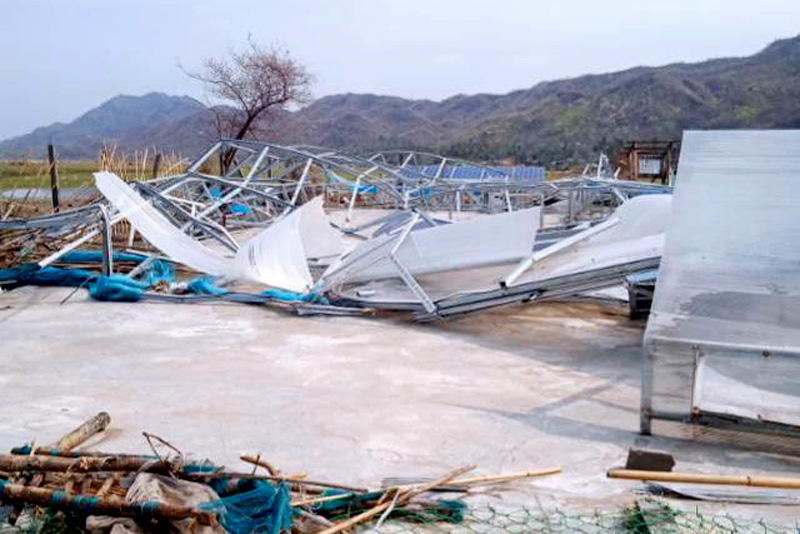
DMG Newsroom
29 May 2023, Sittwe
Cyclone Mocha destroyed 11 solar-powered fish drying facilities in Sittwe, Pauktaw, Ponnagyun townships, creating problems for locals in the area.
Solar-powered fish drying facilities were destroyed by the cyclone in two villages in Sittwe, three villages in Pauktaw and two villages in Ponnagyun, said residents.
“The Solar-powered fish drying operations were completely demolished by the storm. We also use them to dry vegetables such as corn and pepper. So, villagers have difficulties now,” said member U Kyaw Htay of a solar-powered fish drying enterprise in Ponnagyun Township’s Ganan Taung village.
The facilities, in which fish is dried with heat produced by solar power, were set up with technical and financial assistance from the United Nations Development Programme (UNDP). and Sustainable Coastal Fisheries, which is a joint project between Myanmar’s Department of Fisheries and Demark in 2018 and 2019.
Locals have their agricultural produce and fish dried in those facilities before selling them in the market. Fans are installed in the facilities to remove unwanted smells and prevent flies and other insects from contaminating the consumable goods.
Fish and vegetables can be dried during any season of the year using solar energy, and the finished food is safe for consumption, according to the solar-powered fish drying enterprise.
It has become difficult to dry fish in the rainy season which is due next month, since the solar-powered fish drying facilities were destroyed in the storm, said U Oo Hla Maung, chairman of the fish drying business committee in Sittwe’s Kyaytawpike village.
“We have three solar-powered facilities in our township, and all of them were destroyed. Fishing is the main source of livelihood in this area, and people will have difficulties to dry fish in the rainy season,” said U Oo Hla Maung.
The value of the solar-powered fish drying facilities destroyed by the cyclone are worth between 15 million kyats and 60 million kyats depending on size.
U Hsan Win Aung, who provides solar power technology for fish drying said: “Those facilities were funded by several international organizations. Fishermen can’t afford to build such a facility. Those facilities were not developed and designed in Myanmar. We have to buy a heater from Thailand. We have difficulties buying them.”
Local fishermen have called for the earliest repair of solar-powered fish drying facilities.




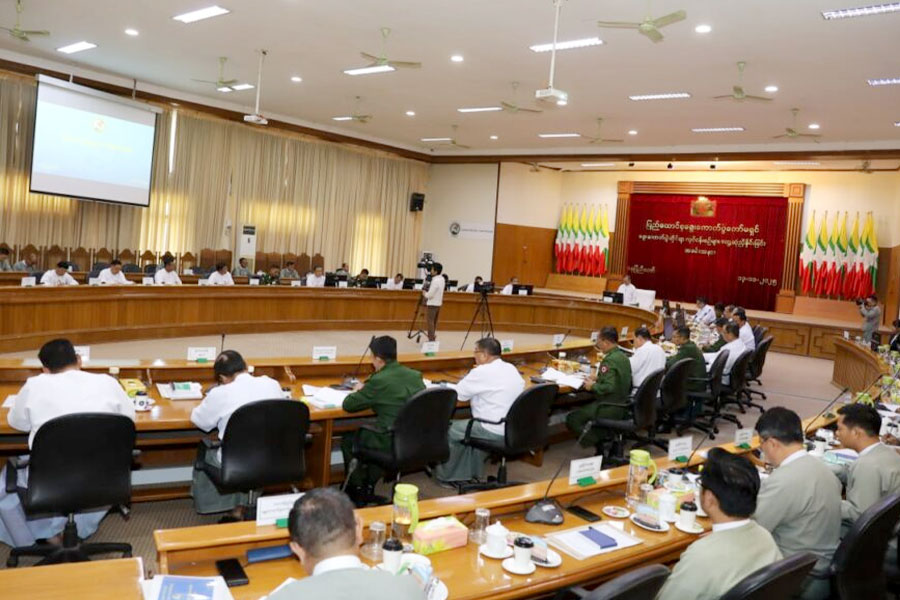
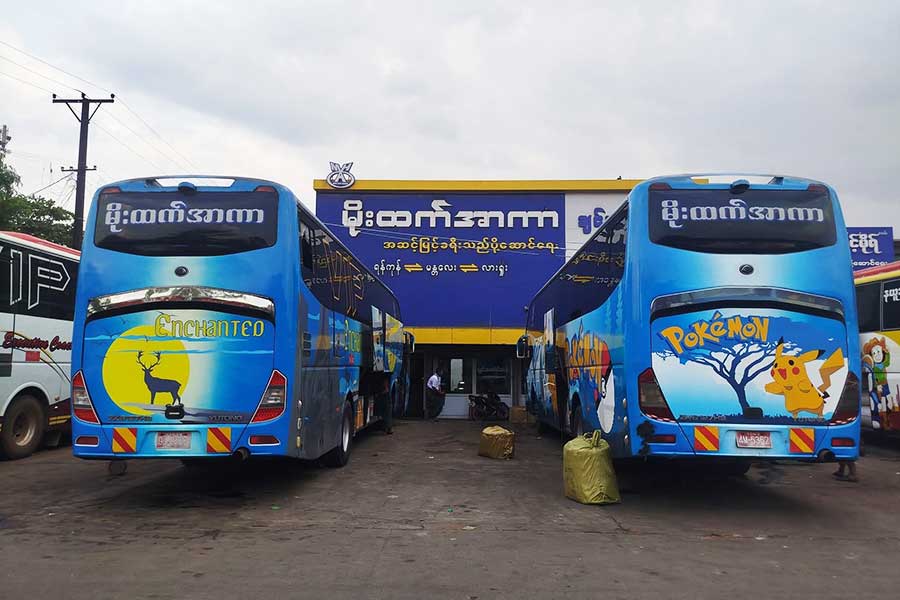
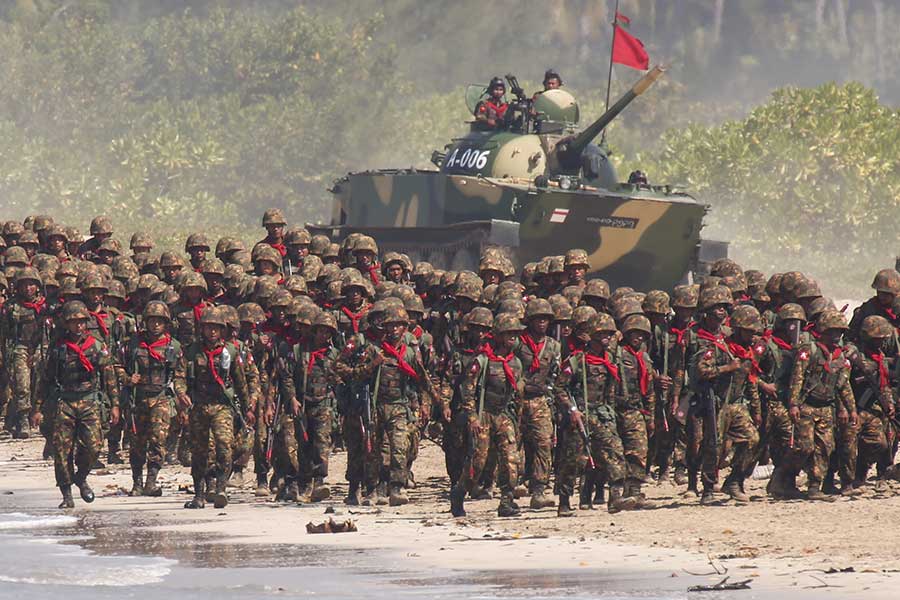
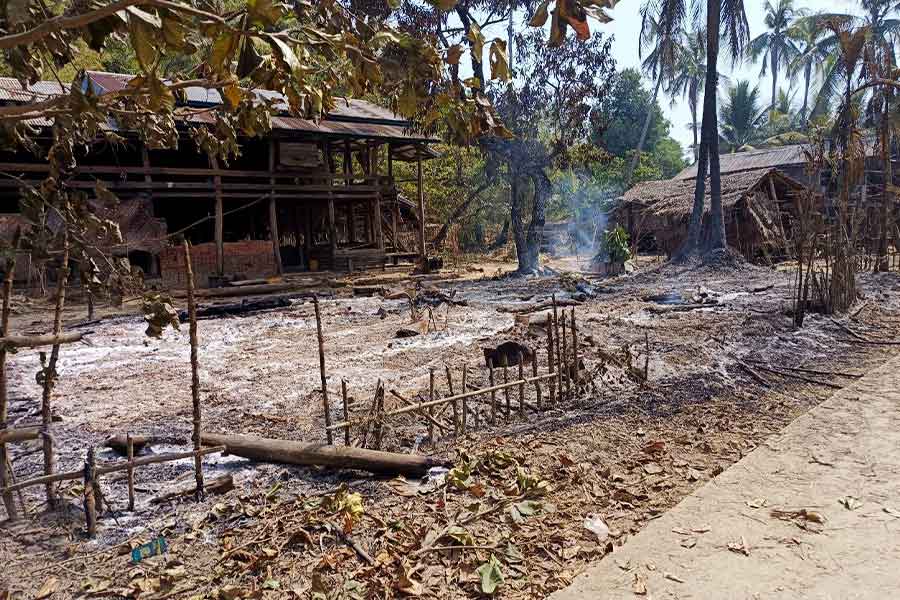
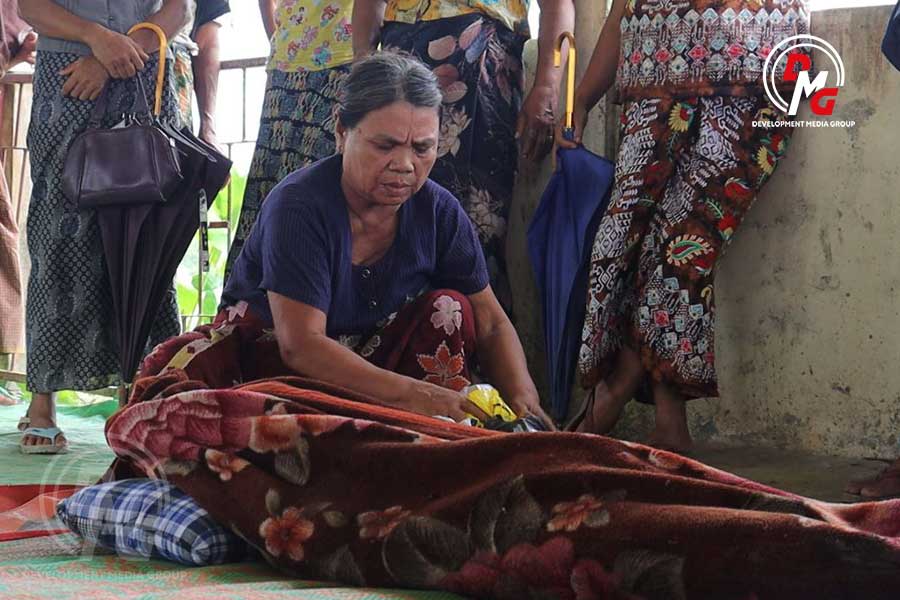






.jpg)

